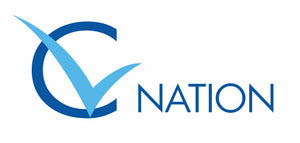Most projects will encounter some kind of roadblock. Good project managers are capable of overcoming roadblocks and keeping projects on track.
When asking this question, interviewers want to see that you have the problem-solving skills to overcome roadblocks and deliver projects on time.
Use the STAR method when answering this question (situation, task, action, result). This will enable you to structure your answer in an easy-to-follow way.
Here is an example answer to this question:
'When I was managing a project to implement new software across the Finance and Accountancy department at Example Company, I encountered a significant roadblock. The new software did not include a vital aspect that was part of the existing software.
I decided that there was sufficient time to delay the project by two days. During this period, I went about editing and improving the software solution.
After two days, I implemented the software solution across the department. The new solution worked much more effectively than the previous software, and even brought the company annual cost savings of over twenty-thousand-dollars.
My role in this success was recognised by Senior Management, who provided me with written commendation.'
